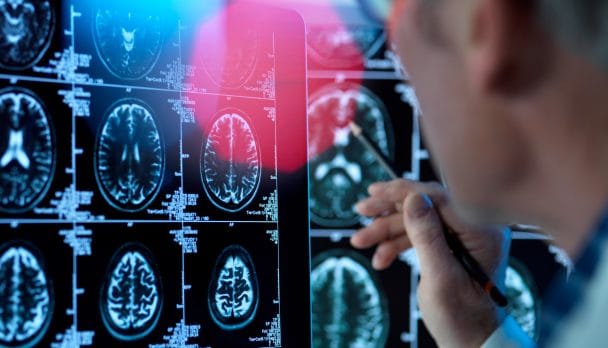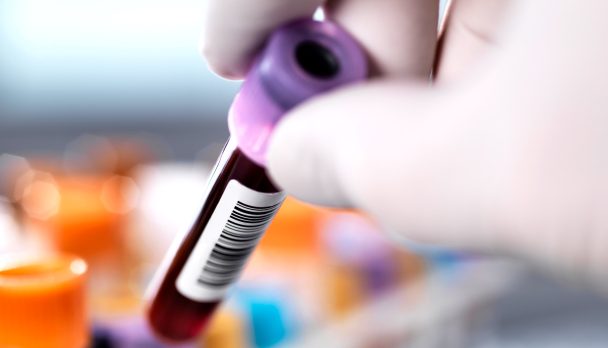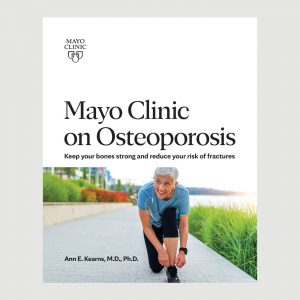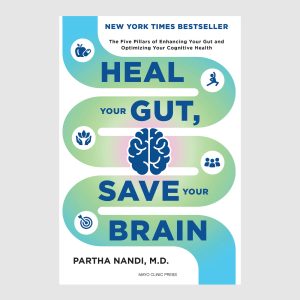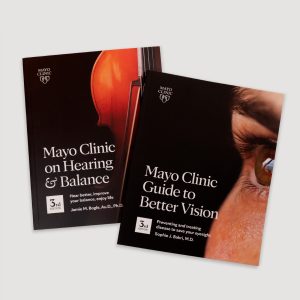In 2020, Mayo Clinic researchers defined a form of Alzheimer’s disease that strikes younger people as early as their 40s or 50s, involves atypical symptoms, and affects a different part of the brain not usually associated with Alzheimer’s. Their paper was published in Brain Communications in May of last year.
Termed young-onset Alzheimer’s, the disease is technically defined as an Alzheimer’s diagnosis before the age of 65. It affects about 5% to 6% of people with Alzheimer’s disease. However, unlike the typical memory problems associated with late-onset Alzheimer’s, initial symptoms of young-onset Alzheimer’s may be atypical, involving problems with language, vision, behavior or executive skills.
Health care providers often don’t look for Alzheimer’s disease in younger patients, explains Jonathan Graff-Radford, M.D., a Mayo Clinic neurologist and a co-author of the paper in Brain Communications. Instead atypical symptoms may be attributed to more-common causes of cognitive problems at midlife, like stress, menopause or depression. As a result, it can take people with young-onset Alzheimer’s longer to get a diagnosis and treatment than it takes older adults.
Medications that treat symptoms of other types of Alzheimer’s disease may be used to manage symptoms of young-onset Alzheimer’s, and researchers continue to learn more about Alzheimer’s and other forms of dementia. “There is hope for people living with dementia and their families,” says Dr. Graff-Radford. “Every day, scientists understand more and more about when the disease starts, how it progresses and what treatments are on the horizon.”
This video features Jonathan Graff-Radford discussing young-onset Alzheimer’s. The video also features Cindy Leonard, a longtime Mayo Clinic nurse and nurse educator, who was diagnosed with young-onset Alzheimer’s in 2018.
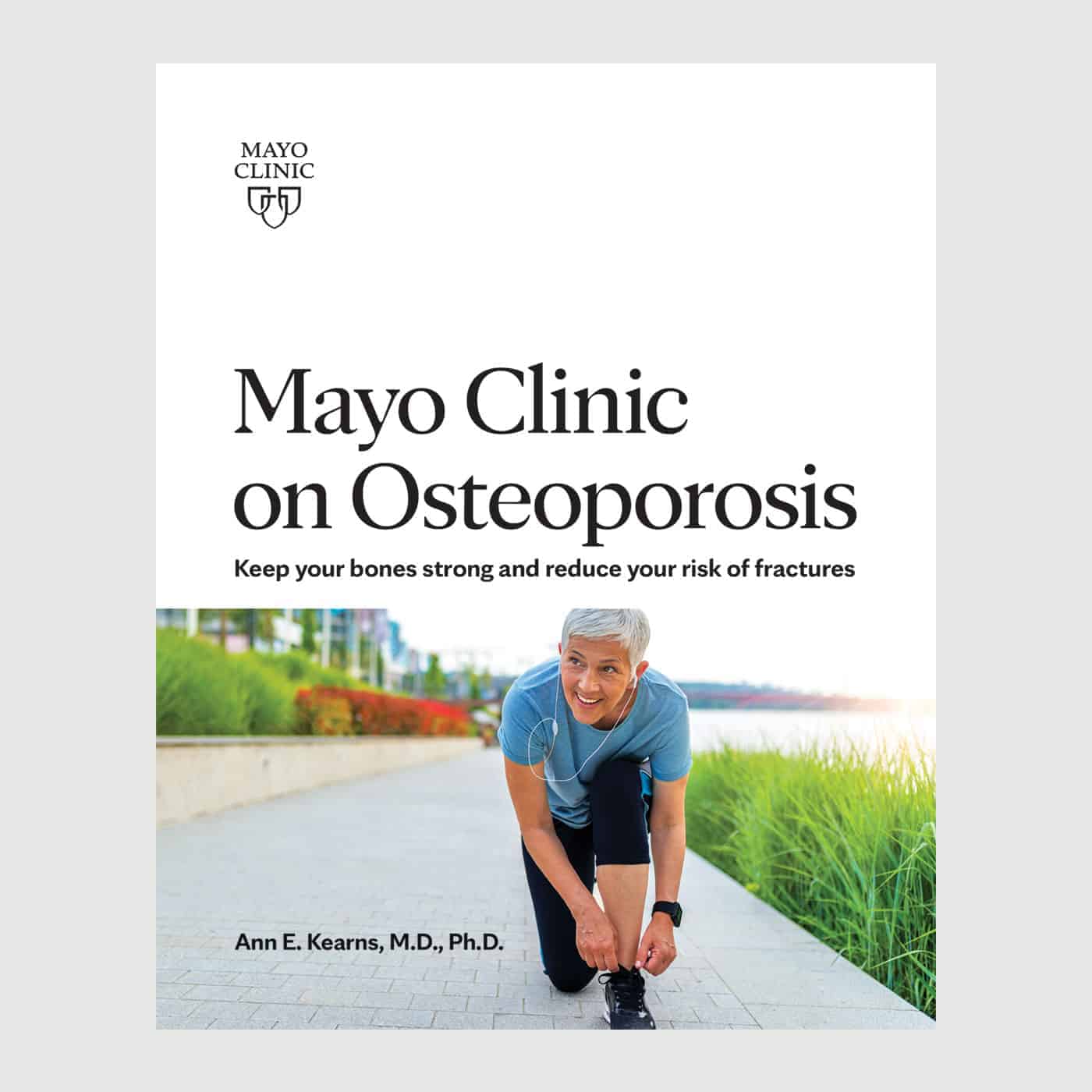
Relevant reading
Mayo Clinic on Osteoporosis
Around 54 million Americans live with osteoporosis or low bone mass, but many don’t recognize the symptoms until it is too late. Before a bad fall or fracture renders you immobile, learn how to reduce your risk of developing osteoporosis, manage your day-to-day symptoms, and even treat the disease with the tools provided in Mayo Clinic on Osteoporosis.

